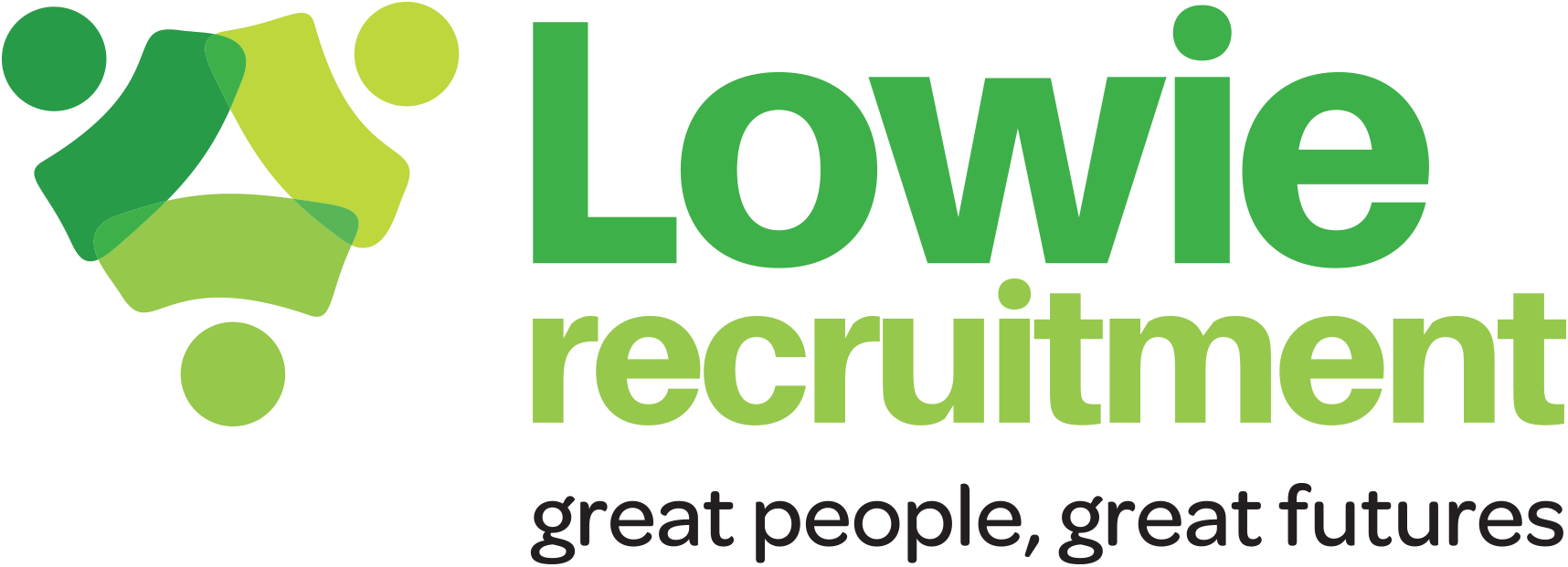With the minimum wage set to increase on April, 1, 2025, businesses across New Zealand need to prepare for the impact on their operations, budgets, and workforce. Whether you’re a small business or a large organisation, ensuring compliance while maintaining productivity and profitability is crucial. So, is your business ready?
What’s Changing?
The New Zealand government reviews and adjusts the minimum wage periodically to align with inflation, cost of living, and economic conditions. The upcoming increase means employers must adjust payroll and ensure all staff receive at least the new legal minimum.
New Minimum Wage Rates Effective April 1, 2025
- Adult Minimum Wage: Increases from $23.15 to $23.50 per hour.
- Starting-Out and Training Minimum Wage: Increasing from $18.52 to $18.80 per hour.
These rates apply before tax and lawful deductions such as PAYE, student loan repayments, or child support. For more details, visit Employment New Zealand.
How Will This Impact Your Business?
While a minimum wage increase is great news for workers, it can present financial and operational challenges for businesses.
Key considerations include:
- Increased Payroll Costs – If you have employees on minimum wage, your payroll expenses will rise. The increase could also create pressure to adjust pay rates for employees earning just above the minimum to maintain fairness.
- Pricing and Budgeting – To offset wage increases, businesses may need to adjust pricing strategies or implement cost-savings measures elsewhere to absorb wage increases.
- Staffing Levels – Evaluating workforce efficiency and productivity becomes even more important. Businesses may need to reassess shift patterns or other staffing solutions to balance labour costs.
- Compliance and Legal Obligations – Failing to adjust wages accordingly can lead to penalties, back pay claims, and reputational damage. Staying compliant protects your business from unnecessary risks.
How Can You Prepare?
Instead of reacting last-minute, take a proactive approach to ensure a smooth transition:
- Review Your Payroll – Identify affected employees and calculate the overall cost increase. Check your payroll software, accounting team, or payroll provider is prepared for the new rates. Manually run checks to confirm compliance.
- Assess Pricing Strategies – If necessary, consider modest price adjustments to absorb additional wage expenses.
- Improve Workforce Productivity – Investing in training and efficiency measures can help your business remain profitable despite rising wages.
- Explore Flexible Staffing Solutions – Partnering with a recruitment agency like Lowie Recruitment can help you manage workforce demands without overcommitting to permanent payroll costs.
- Communicate with Employees – Be transparent with your staff about wage changes to build trust and boost morale.
- Maintain Accurate Records – Employers must keep detailed records of wages, hours worked, and leave taken to ensure compliance.
Stay Ahead of the Change
Preparation is key to managing the minimum wage increase without disruptions to your business. Now is the time to review your payroll, update employee contracts, and plan ahead.
How Lowie Recruitment Can Help
We understand the challenges businesses face when wage increases take effect. Our flexible staffing solutions allow you to scale your workforce as needed, ensuring you remain compliant while maintaining productivity.
Need staffing solutions that align with your business needs? Lowie Recruitment is here to help! Get in touch today.

